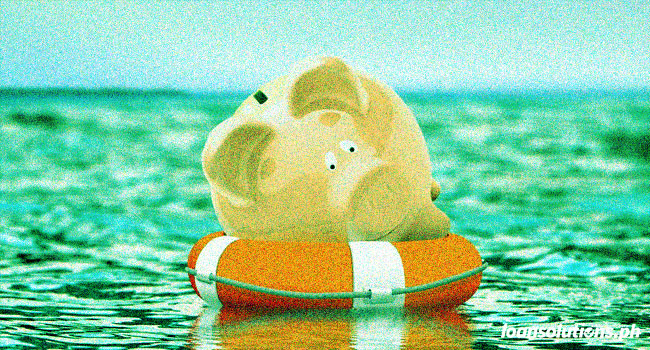The fact that you can’t see an emergency coming is one of the worst aspects of it. We can all anticipate being confronted with varying degrees of crisis at some point in our lives, and being prepared is the key to minimizing the impact. It’s no different when it comes to your own money.
An emergency fund is a financial reserve set up to cover unexpected costs not covered by your regular budget. Illness, job loss, big repairs (such as automobile or house bills), and just about anything else that decreases your income or raises your spending without warning are examples of these situations.
How Much Should You Put Into Savings?
This is a typical question, and the answer is very dependent on your specific circumstances. Any reserve is preferable to none, yet few individuals save as much as they should. The quick answer is that you should save aside 6-9 months’ worth of your monthly salary as an emergency fund on average.
Your emergency fund serves as a safety net to keep you from going into debt. This may appear to be a substantial sum but consider the alternatives. Unexpected sickness or job loss can disrupt your capacity to generate money for several months, if not longer. Having to deal with an emergency is emotionally draining enough without having to worry about money.
The key is to take little steps at a time. In the best case, you can build up an emergency fund and never need to utilize it. Your money will work hard for you. Your savings can also become a paycheck when you invest in low-risk, high-liquidity cash investment alternatives.
When Should You Use Your Savings?
It all boils down to what you consider an emergency. This definition varies greatly from one individual to the next. For example, you may regard car ownership as a luxury and convenience, but someone else may require a vehicle in order to earn a living.
You’re less likely to spend your emergency fund on unneeded costs if you’ve gone through the tedious measures required to develop one. However, if you find yourself dipping into your savings on a frequent basis, you may want to reassess your selections or even your budget.
Consider waiting a certain period of time before making a final choice on less important items. These stumbling blocks help your brain properly examine the benefits and drawbacks of purchasing something rather than relying primarily on gut emotions.
If you have a legitimate reason for needing more funds, don’t feel awful about tapping into your emergency fund. That’s why it’s there in the first place! Use your efforts to concentrating on resolving the problem rather than worrying about refilling the fund itself — it’s preferable to treat the disease rather than the symptom.
Get started now!
While the task of building an emergency fund may appear daunting at first, the best advice is to simply begin. Concentrate on the tiny and you’ll be able to accomplish the big. Begin putting money aside right immediately, and continue to explore methods to expand your savings. You will eventually have a well-balanced emergency fund that will shield you from life’s uncertainties while also providing you with additional income.
